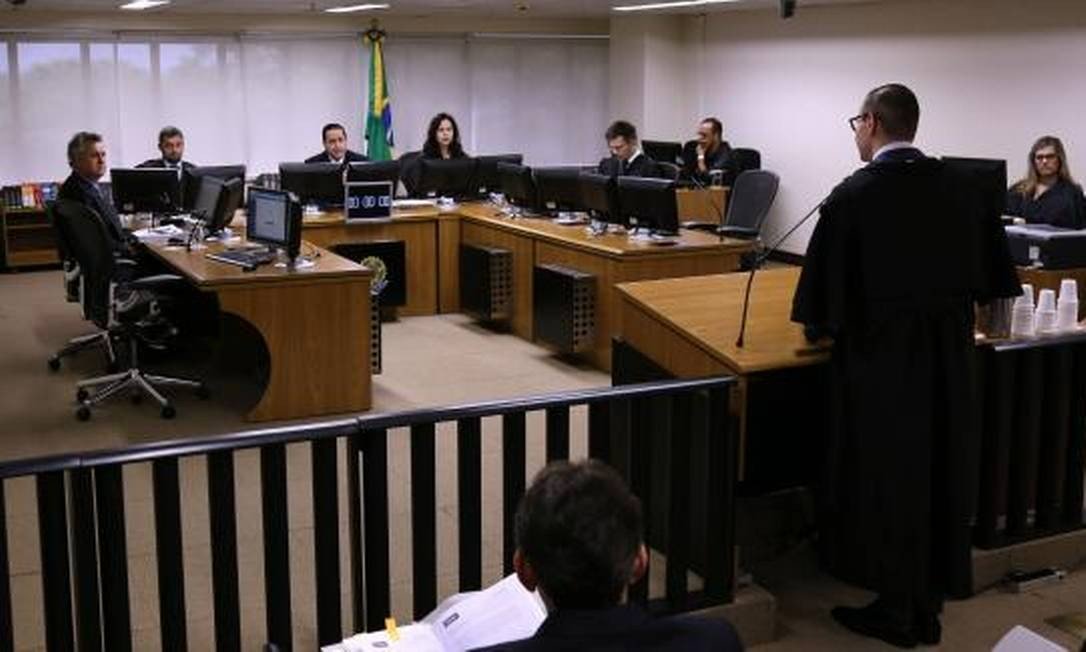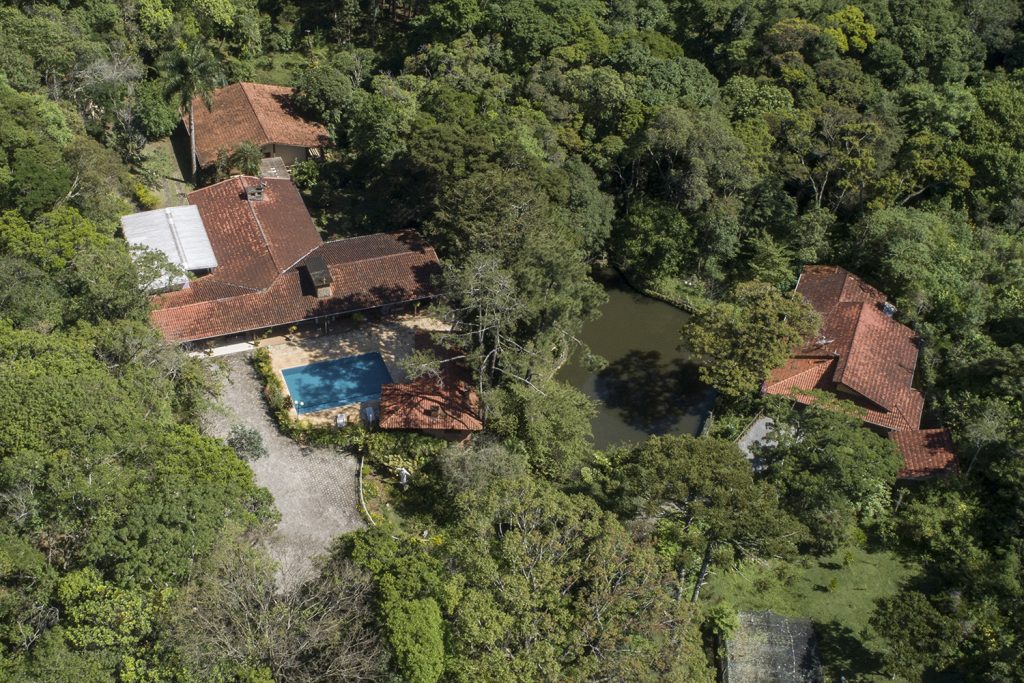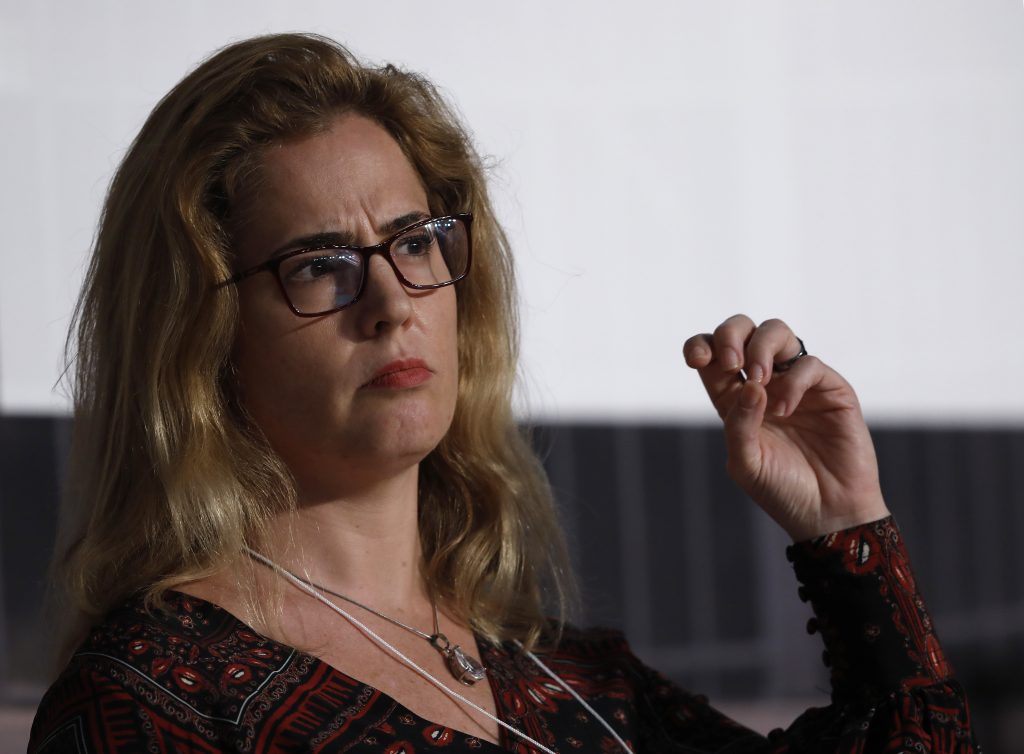RIO DE JANEIRO, BRAZIL – By three votes to nil, the 8th panel of the Federal Regional Court of the 4th Region (TRF-4), the court of appeal in the Curitiba Operation Lava Jato cases, ruled on Wednesday to uphold the conviction of ex-president Luiz Inácio Lula da Silva in the Atibaia farm case in the interior of São Paulo.

Moreover, the rapporteur João Pedro Gebran Netro championed increasing the sentence to 17 years, one month and ten days for passive corruption and money laundering; his colleagues on the bench agreed. Lula had been sentenced in February to 12 years and 11 months in prison by judge Gabriela Hardt, of the 13th Federal Court in Paraná. The ex-president’s defense now relies on appeals filed at higher courts.
In his preliminary vote, Gebran Neto denied all motions alleging partiality on both Hardt and Sérgio Moro (former judge of Lava Jato in Curitiba and current Minister of Justice), denying that there was “political connotation” in the proceedings. In addition, he considered that the proceedings should not return to the stage of final arguments, i.e., the time when the defense and prosecution submit their final briefs before sentencing.
The defense was based on the overruling of two convictions by the Federal Supreme Court (STF), including the former president of Petrobras Aldemir Bendine, in October this year. The STF justices ruled at the time that the accused should have the right to speak after the allegations made by their whistleblowers.
In the farm lawsuit, whistleblowers and other defendants submitted briefs at the same time, which, according to the Supreme Court, violates the constitutional principle of broad defense. “It is a decision that clearly violates the Supreme Court,” protested Cristiano Zanin, Lula’s attorney, who said the defense is still analyzing how it will lodge an appeal.
The TRF-4 judges found that Lula’s defense failed to prove that the defendant was prejudiced. “The judge never used the final briefs submitted by whistleblowers, and there was no actual prejudice,” said Judge Leandro Paulsen. Article 563 of the Code of Criminal Procedure states that “no act shall be declared null and void if the nullity does not result in prejudice to the prosecution or the defense”.
In addition, Gebran Neto, who said he did not agree with the Supreme Court’s ruling, said he believed that the court had made a procedural change that should not have “retroactive effect”.
The Supreme Court’s ruling had no impact in the Atibaia farm case, as the Supreme Court has not yet determined the limits of the ruling, leaving the matter open to interpretation, according to attorney Davi Tangerino, professor at FGV and UERJ and former advisor to Minister Ricardo Lewandowski at the STF. “Gebran Neto’s vote seems to reinforce this. They are acting within a plausible interpretation from a breach, or omission, that the Supreme Court has spawned”.

Tangerino adds that this is because the STF has not yet determined whether the Court’s position should generate a “relative” or “absolute” nullity. “If the Supreme determines absolute nullity, it means that there is an implicit and unequivocal prejudice to the defense. And then the TRF-4 would be bound by this decision,” explains the lawyer. But the question remains open and some justices, such as Carmen Lucia, have argued that each case should be analyzed independently.
In addition, there are no clear criteria on what is detrimental to the defendant, leaving it to the discretion of the court to decide whether or not such has occurred. “What is detrimental to the defendant? How do we measure this? Law is full of these half-empty places, operating in an airtight language that doesn’t mean anything,” explains Tangerino.
“It is very difficult for you to have a silver bullet that actually leads to an acquittal. In this respect, there will never be any prejudice to the defendant,” he continues. What to do then? ” Justice Ricardo Lewandosky argues that we will never be able to measure the prejudice, but in any event, the defendant’s possibility to defend himself has been removed. And so the nullity needs to be recognized. Another possibility then is to qualify what is detriment”, he adds.
“Hardt’s ‘Copy/Paste'”
Lula’s attorneys further argued that Judge Gabriela Hardt copied portions of Moro’s prior decision in the triplex case in her ruling. At the time of the decision, Hardt was in charge of the case in place of former judge Sergio Moro, who left the judiciary to be Minister of Justice of Jair Bolsonaro’s Government. And, for the defense, the procedure shows that the judge failed to analyze details of the case and that the conviction was already pre-determined, reinforcing their theory of legal persecution by Lava Jato of the ex-president.
However, Judge Gebran Neto denied that there is any irregularity in the fact that Hardt’s sentence contains excerpts from Moro’s sentence on the Triplex case. “No excerpt of merit is reproduced. They are merely informative excerpts typical of the report,” said the rapporteur. The magistrate affirmed that the similar passages appear in 40 of the 3,800 paragraphs of the text, that is, in only one percent of the sentence. Therefore, it should not be regarded as a copy/paste, he argued. “If we are really talking about one percent, technically the rapporteur’s ruling is correct,” said Tangerino.
The judges also denied the partiality of Hardt, when rejecting the defense argument that the judge acted inappropriately towards Lula during his testimony – Gebran Neto said that it was Lula who “sought confrontation with the judge”. The rapporteur also denied that the messages between prosecutors and former judge Sérgio Moro, disclosed by The Intercept Brazil and partner newspapers, including El País, in the Vaza Jato series, should be addressed in the case. In his opinion, it is “illicit evidence” of “newspaper articles”. Thus, he also denied the request for suspicion against Moro because he considered that the defense failed to prove that he violated his duty of neutrality.

Other issues raised by the defense, such as the wiretap of Lula’s defense law firm or the incompetence of the Federal Court of Curitiba to judge the case, were also not considered. “I am not surprised by the decision. There is a political cost, particularly at a time when they are boasting so much about impunity and prescription, a court declaring nullity and annulling the lawsuit. I believe that there is a general inclination of the courts not to accept nullity arguments. And if they think the result was excessive, I think they’re more open to acquitting or reducing the sentence,” says Tangerino.
The sentence of the farm lawsuit was Lula’s second conviction in Operation Lava Jato, when it was considered that there had been an undue advantage of the OAS and Odebrecht contractors for the payment of the property reforms. According to the indictment, the farm actually belonged to the ex-president, although he is not its formal owner – the property is in the name of a friend, Fernando Bittar.
The TRF-4 judges understood that the issue of ownership was not the most relevant, but the fact that the leftist used the property frequently and that he was involved in the procedures for remodeling the farm. Thus, they agreed with the Prosecutor’s Office’s indictment that the amounts would be part of the bribe paid by companies to secure contracts with Petrobras.
Lula had already been prevented from running for election due to the Triplex conviction, since the Clean Record law prohibits convicted politicians in collegiate appellate court rulings from running for office. This Wednesday’s ruling reiterates the suspension of the ex-president’s political rights. In addition to Lula, contractor Marcelo Odebrecht had his conviction for active corruption for crimes involving contractor Odebrecht also validated. Fernando Bittar, the farm’s formal owner, also had his three-year prison sentence for money laundering confirmed.
The ex-president was imprisoned for 580 days for another case, related to a Triplex apartment in Guarujá (SP), which, according to the Federal Prosecutor’s Office, was also offered to him by OAS to gain advantages during the leftist’s time in office. In this case, the TRF-4 judges confirmed his conviction, which led to Lula’s arrest on April 7th, 2018, and his subsequent ineligibility, based on the Clean Record Law.
Earlier this month, Lula was released on the basis of a new interpretation by the Federal Supreme Court (STF) on the possibility of imprisonment after conviction in second instance. By six to five votes, the Supreme Court decided that the beginning of the sentence should occur only after the final and unappealable outcome of their cases, that is, after all appeals have been exhausted.
Source: El País

